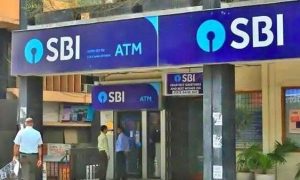Section 80C of the Income Tax Act, which became effective on 1 April 2006, allows tax exemption on certain investments and expenditures. Deductions of up to Rs 1.5 lakh per annum are allowed under this section. There are some savings schemes through which investors can claim deductions on their taxable income under Section 80C. Most people begin investing towards the end of a financial year just for claiming tax deductions. However, according to Bank Bazaar, it is advisable to invest during the beginning of a financial year. Doing so would not only imply that you are making informed decisions, but you will also receive interest for the entire year, from April to March.
Here are some of the schemes through which you can save income tax in India:
National Pension System
The National Pension System (NPS) is a retirement benefit programme which is administered and overseen by the Pension Regulatory Fund Authority of India (PFRDA). Investments made in the NPS are exempted from tax under Section 80C of the Income Tax Act.
Sukanya Samriddhi Yojana
Sukanya Samriddhi Yojana (SSY) is the central government’s plan advocating investment for daughters. One can earn an interest rate of 7.6 per cent by investing in this scheme. In this plan, the tax relief under Section 80C was previously applicable only to the accounts of two daughters. But the government has now made an amendment to it. As per the new rules, the tax exemption will be provided on both accounts, in case twin daughters are born after one daughter.
Public Provident Fund
You can earn an interest rate of 7.1 per cent by investing in a Public Provident Fund (PPF). If you put Rs 1.5 lakh in PPF every year, you can get a tax exemption under Section 80C of the Income Tax Act.
Senior Citizens Savings Scheme
You can consider investing in the Senior Citizen Savings Scheme (SCSS) if you have retired or are planning for voluntary retirement. It is a long-term savings plan. The current interest rate you can receive by investing in this plan stands at 8.6 per cent. If the interest exceeds Rs 10,000 per year, then TDS will be applicable and the interest will be taxed.





































